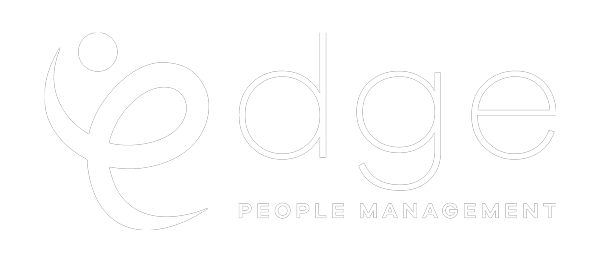Work Site assessments are a valuable tool used to analyse the duties and job tasks of a particular role. This provides information with regard to associated work demands and potential areas of risk. Each job is divided into a number of general work duties which is then broken down and analysed by task (e.g. sitting, bending, lifting etc.). The types of postures, techniques, loads and equipment used are recorded as well as other environmental factors such as temperature, noise, and work heights. A detailed report is then compiled and provided to all key parties along with strategies suggested to address any concerns or barriers.
Ergonomic and workstation assessments are undertaken to assess musculoskeletal abnormalities that result from poor work postures and badly designed workstations. This can affect both employee’s work performance and productivity, and could ultimately lead to an injury claim. Examination of the workstation includes an analysis of the desk, chair, keyboard, phone, computer and any other equipment utilised in the performance of daily tasks. During the assessment, the worker is also educated with regard to ideal ergonomics and posture. They are also provided with simple preventative strategies to undertake including such things as pacing, aids & appliances and regular stretching whilst at their workstation.
Worker education is based on findings outlined in the company work site assessments. Education seminars may be provided on a one-on-one or group basis, and target specific duties and tasks where there is potential for injury. Most training sessions involve a theoretical presentation combined with practical demonstrations in the workplace. Follow -up workplace attendances can be undertaken to consolidate training. This allows an opportunity to ask questions and to solve any problems they may be experiencing in the application of the new work practices.
Functional Capacity Assessments accurately assess a worker’s physical capacity to work through a series of standardised measurement tools. This physical capacity is then correlated to “job match” the worker’s pre-injury role or other prospective jobs.
Functional Capacity Assessments accurately assess a worker’s physical capacity to work through a series of standardised measurement tools. This physical capacity is then correlated to either the worker’s pre-injury role or other prospective jobs.
Many musculoskeletal problems can be effectively managed with physiotherapy. By providing specialist occupational physiotherapy services, you can improve your productivity, reduce waiting times for treatment, eliminate time away from work, and provide a faster return to work process.

Edge People Management’s team of experienced injury management consultants can assist in solving the problems and overcome the barriers that may prevent an injured worker from returning to productive employment through strategic resolution practices.

©2024 Edge People Management. All rights reserved.